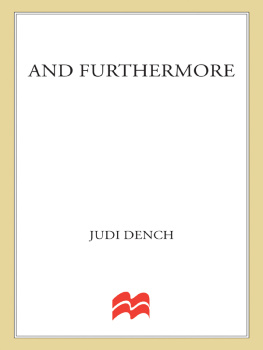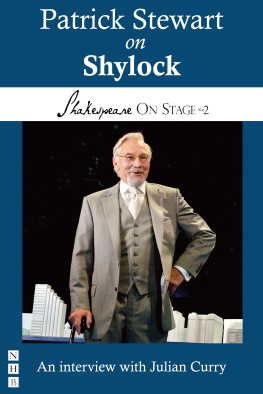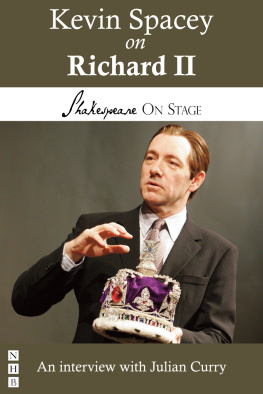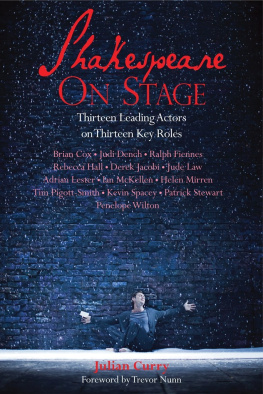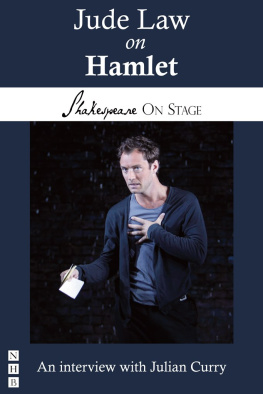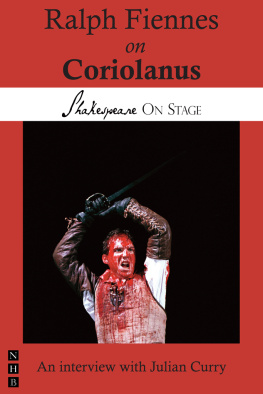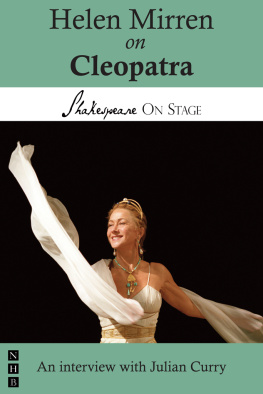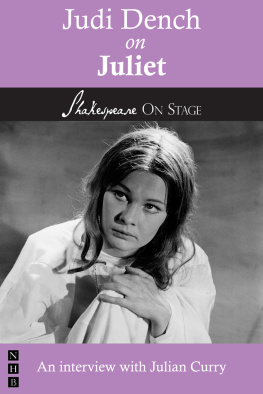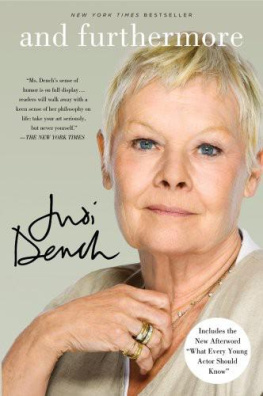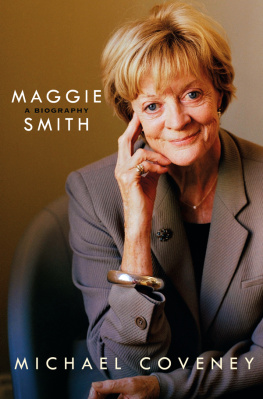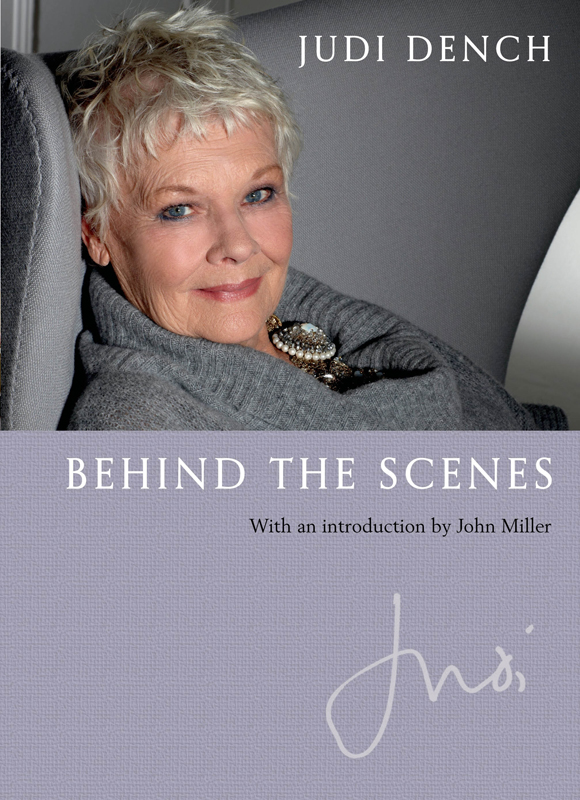Contents
Guide
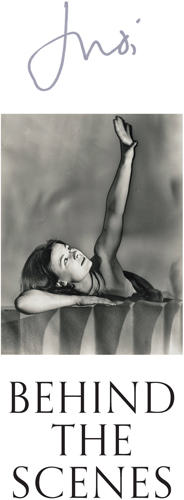
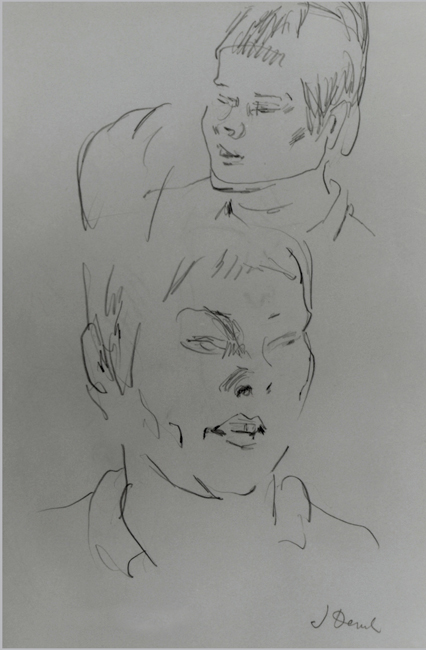
Sketch by Cecil Beaton, 1969

The author and publisher have provided this e-book to you for your personal use only. You may not make this e-book publicly available in any way. Copyright infringement is against the law. If you believe the copy of this e-book you are reading infringes on the authors copyright, please notify the publisher at: us.macmillanusa.com/piracy.
Contents
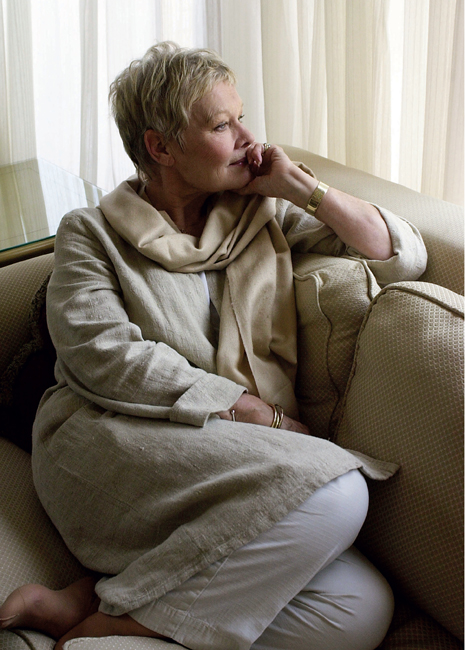
So much seems to have happened to me in the last ten years. I have been to India twice, to film The Best Exotic Marigold Hotel and its sequel, both directed by John Madden. I have played M three more times, and was not best pleased when they killed me off in Skyfall.
I made my first film in Hollywood, directed by Clint Eastwood, who was charming, and in many ways unlike any other film director I have known. I met one of my great heroines Sophia Loren for the first time when we worked together on the film Nine, and joined a host of old friends in The Cranford Chronicles for TV.
I loved revisiting Ireland when we filmed Philomena because my mother was born in Dublin and my father grew up there. Steve Coogan was fun to work with, and we had lots of laughs between takes. I met the real Philomena, whose story we were telling, which was a great help in capturing her strong character.
In the theatre I also enjoyed playing a richly varied group of strong women Judith Bliss in Hay Fever, Mistress Quickly in The Merry Wives of Windsor, Titania again (half a century after I first played her), and Alice Liddell in Peter and Alice.
I await the next offers on stage or screen with interest. My eldest brother, Peter, is always trying to persuade me of the joys of retirement, but that plays no part in any of my future plans. Since my husband Michael died in 2001 I have worked constantly. Friends and colleagues are very sustaining; they are the people who get you through it its no good to be on your own.
Looking again at these pictures brings back many happy memories; yet they also remind me of quite a number of gaps in my experience which I would like to fill. All my life I have tried hard to avoid being typecast or pigeonholed, and whenever anyone says, Oh, you shouldnt play that part, it only makes me much more determined to try.
I want to do something different next, and preferably something dangerous. Of course I have enjoyed playing some parts more than others, and which are which will become apparent in the pages that follow. Some made me laugh more than others too, and surprisingly often these were in tragedies.
I would like to thank Alan Samson at Weidenfeld & Nicolson for inviting me to put together this second photo album, ten years after I put together the first Scenes From My Life, and John Miller for once again helping me by recording my memories of some of the most rewarding experiences of my life, as well as of so many people who have been important to me in different ways.

I first saw Judi Dench onstage in 1961 as a touchingly vulnerable Anya in the RSC production of The Cherry Orchard; the first time I worked with her was in 1994, when I interviewed her for my BBC Radio Ninetieth Birthday tribute to John Gielgud. He had played Gaev opposite her in that Chekhov play, and she was forever grateful to him for restoring her self-confidence when the director Michel Saint-Denis had nearly destroyed it by treating her dismissively. Our shared admiration of the great actor paved the way for my biography of Judi in 1998 and other work together since, some of which is pictured in this book.
She was the first to agree to appear in the Gielgud Centenary Gala at the theatre named after him, which I produced for the American Shakespeare Guild in 2004; her acceptance was swiftly followed by those from an all-star cast. When I asked her which Shakespeare scene she wished to play she said immediately: Oh, The Dream with Ian Richardson as Oberon again, I could go on as Titania now, Ive never forgotten those lines. That was still true in 2010: when she reprised the part for Peter Hall at the Kingston Rose Theatre he didnt bother to call her for the first weeks rehearsal, while the rest of the cast learnt to be as word-perfect as her. I saw her as Titania in each of those productions half a century apart, and was enchanted by her performance on both occasions, as I have been so often in the years between.
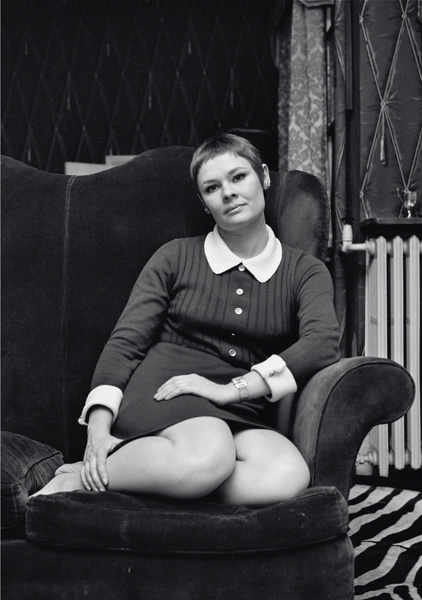
It was seeing her as Lika in Frank Hausers production of The Promise with Ian McKellen and Ian McShane in 1966 that made me realise here was a truly great actress, destined to become the acknowledged leader of her profession, in direct line of succession to Ellen Terry, Sybil Thorndike, Edith Evans and Peggy Ashcroft.
Since the publication of my biography in 1998 I have been privileged to share a stage with her on several occasions to discuss her career, at the National Theatre, the Royal Shakespeare Theatre at Stratford, and various literary festivals, all of which sold out well beforehand. This confirmed Peter Salliss remark to me: Judi Dench is the number one box office draw in this country, male or female.
The most challenging request she made was to create a comic recital for her on the theme of Great Eccentrics, which we performed as a three-hander twice at the Winchester Festival, once with Michael Pennington, and once with Charles Dance. As we came offstage on the second occasion she handed me her script, saying: Thats the last recital Im ever going to do, I cant now read the script properly, even blown up in size as youve done.
That was the first inkling I had of her macular degeneration of the retina, a development which we managed to keep to ourselves for quite a while, until one Saturday morning when the Daily Mirror splashed the story right across its front page. Judi was furious, as the exclusive leak was then picked up by the rest of the media, here and abroad. I had several concerned calls from friends in America asking if it was true. Ironically, she was filming a Bond movie at the time, but M never caught the culprit. We worked out that someone on the film crew must have overheard her discussing her sight problem with a friend in the cast, and sold the story to the paper.
She hasnt let this change get her down, and even cited the advantages when she appeared at the Royal Albert Hall in the Promenade Concert devoted to the work of Stephen Sondheim. She sang Send in the Clowns from A Little Night Music, and said how glad she was that she couldnt see the faces of the audience, They just looked like a sea of waving cornflowers in the distance.
Neither has the problem stopped her from working. She has changed her method of learning a part, by listening to it on tape instead of reading it off the page. In the theatre that means she has to know her lines on the first day of rehearsal, which Ben Whishaw, her young co-star in Peter and Alice, told me was a touch embarrassing for the rest of the cast still holding their scripts in their hands. But it meant they all worked hard to learn their parts much quicker than usual. Ben was only the latest of a long line of Judis leading men to have told me how stimulating and rewarding it was to play opposite her from Ian Richardson and Robert Hardy in the early 1960s to Billy Connolly and Jim Broadbent more recently.


